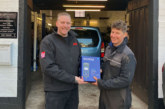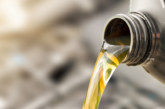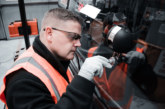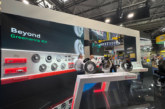Is it time for the UK aftermarket to reset?
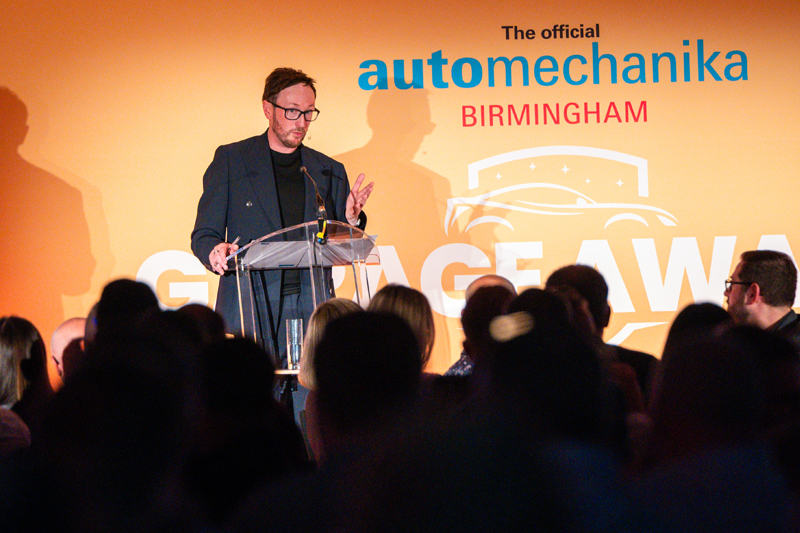
“The UK aftermarket needs a reset with the consumer,” according to IAAF Chief Executive, Mark Field, who has produced the first of two columns exclusively for PMF.
Having recently visited many garages, motor factors and suppliers it is obvious, perhaps more so than ever throughout my 25 years in the trade, that we undervalue the service we provide to motorists – and even the wider UK economy.
Saying a garage just fixes cars is like a motor factor saying it just distributes parts or a supplier saying it just makes parts. This needs to stop – it undervalues what we all do.
We are part of something bigger. We are part of a vital aftermarket industry serving around 40 million vehicles on UK roads. With nearly £35 billion in revenue, servicing and repair is one of the largest contributors to the automotive sector.
Closer to home, we are part of something that keeps families mobile and businesses moving – and the IAAF will continue to reflect that.
The aftermarket needs to reset its contract with the consumer. Our suppliers are pioneers in developing technology, our distributors are leaders in logistics and service and garages are expert problem solvers, providing reassurance to millions of motorists.
Protecting the aftermarket ability to offer a choice.
Today, the IAAF enjoys a far greater reach than ever before. It now represents every business in the supply chain, including suppliers and manufacturers, motor factors, trading groups, garages and, ultimately, consumer choice.
This representation gives the IAAF more credibility and authority when talking with government departments. Since the start of the year, the IAAF has been involved in no less than five UK and Northern Ireland Department for Transport consultations.
These included:
- Phasing out the sale of new petrol and diesel cars from 2030 and support for the Zero Emission Transition.
- Zero emission vans: regulatory flexibility.
- UNECE R155 and R156 cybersecurity in UK vehicle Type Approval legislation.
Meanwhile, the Stormont Parliament in Northern Ireland issued a consultation into potential changes to the frequency of MOT testing (to 4-2-2) – which the IAAF opposes.
On net zero, we believe it should be a ‘technology neutral’ focus, considering the full ‘cradle to grave’ impact of the vehicle for the carbon dioxide levels – not just when it is being driven and that alternative fuels should remain part of the net zero solution.
As examples, the generation of both hydrogen and so-called ‘eFuels’ using renewable energy sources would create a carbon-neutral virtuous circle when the vehicle is driven. Equally, keeping existing vehicles on the road will remove the high levels of carbon emissions created when a new EV is manufactured and delivered to its ultimate market destination, as well as keeping transport affordable to the many millions of vehicle owners who cannot afford a new EV, especially for those that live in more rural locations.
This should all form part of a wider ‘right to repair’ and the associated ‘repair and not replace’ approach, which not only helps maintain consumer choice and affordable mobility, but also helps to minimise the significant carbon impact of having to replace a vehicle.
The IAAF also remains an active player with FIGIEFA within Europe and looks at how rulings around access to data and technical information are applied within the UK, to the benefit of the aftermarket.
These consultations, in addition to the ongoing work on Euro 7 and SERMI are designed to ensure the sector retains its ability to offer affordable choices for servicing and repair to the motorist.
In part two, Mark reveals the “changing face of the IAAF”, how it is bringing members together and praises the host of volunteers who ensure the IAAF continues its dedicated work to the trade.


